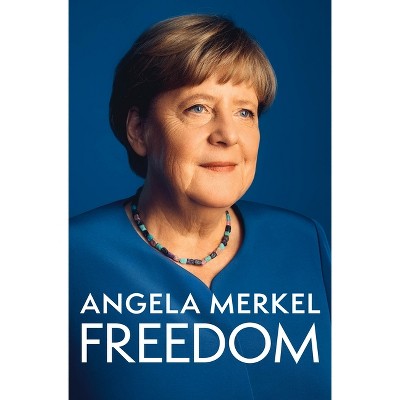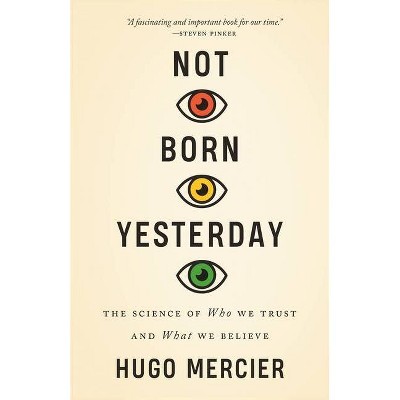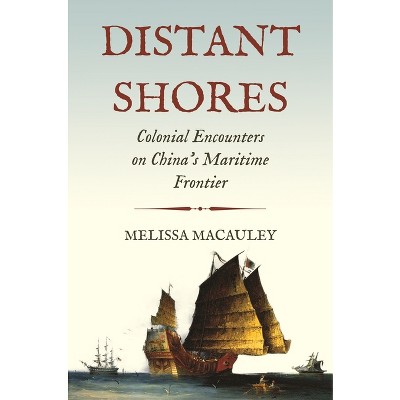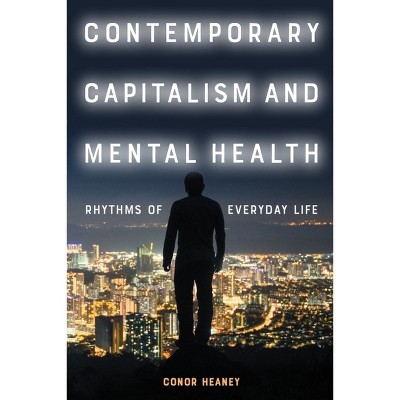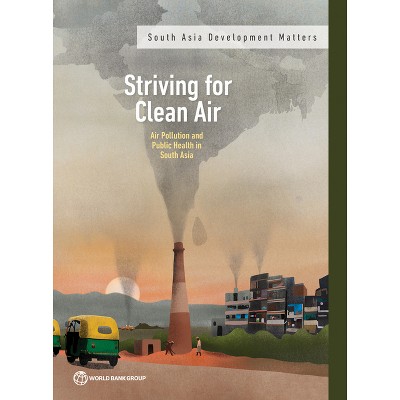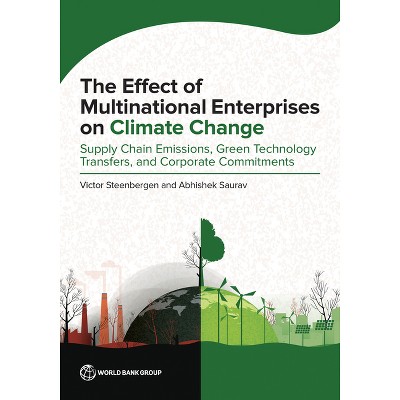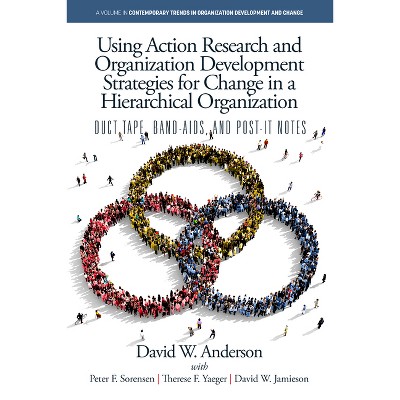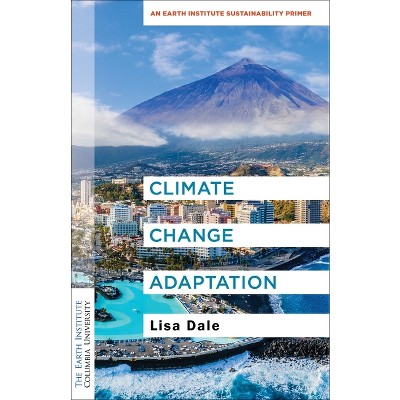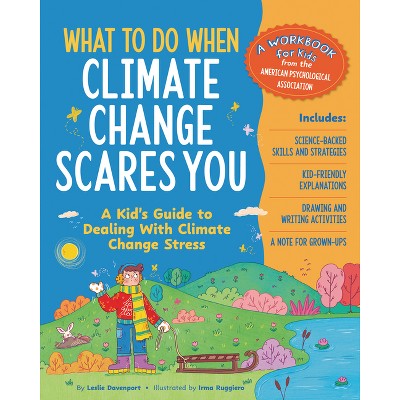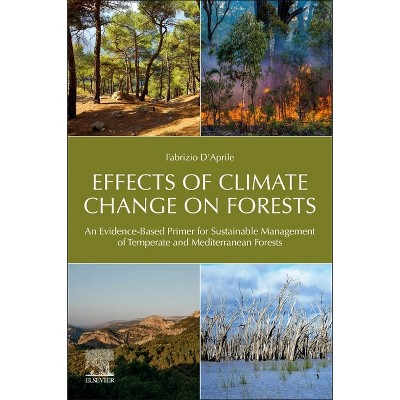Sponsored

Reality Check - (Climate Change and Development) by The World Bank (Paperback)
$43.95
In Stock
Eligible for registries and wish lists
Sponsored
About this item
Highlights
- To address the myriad challenges posed by global climate change, countries at all income levels have put in place a diverse set of policies over the past three decades.
- About the Author: The World Bank came into formal existence in 1945 following the international ratification of the Bretton Woods agreements.
- 194 Pages
- Business + Money Management, Economics
- Series Name: Climate Change and Development
Description
About the Book
This report identifies current policy trends that are helping countries decarbonize their economies whilst achieving their overall development objectives and their strategic ambition to transition to greener, more resilient, and inclusive development pathways.Book Synopsis
To address the myriad challenges posed by global climate change, countries at all income levels have put in place a diverse set of policies over the past three decades. Many governments have already made significant progress in their efforts to decarbonize, creating a rich history of implementation experiences that provides important lessons for how to successfully advance climate policy goals in a variety of different economic, cultural, and political contexts. Despite this progress, the transition to a net zero future continues to face significant barriers, including the need for large investment, a lack of institutional capacity, and challenging political economy issues. Reality Check: Lessons from 25 Policies Advancing a Low-Carbon Future identifies key policy approaches that countries are taking to decarbonize their economies. The report classifies policies into five categories: - Planning for a future with zero net emissions - Getting the pricing and taxes right - Facilitating and triggering transitions in key systems, such as energy and food - Getting the finance flowing, particularly by incentivizing private sector investment - Ensuring a just transition that protects the poor. Reality Check: Lessons from 25 Policies Advancing a Low-Carbon Future fills a critical research gap by documenting low-carbon policy trends and providing a series of case studies across sectors and geographies. The 25 case studies furnish country contexts and policy details, examine results and impacts, and outline key takeaways and lessons learned for enabling further ambition in achieving emissions reductions. The report contributes to an evolving analytical agenda on how to reduce carbon emissions while achieving economic development and the strategic transition to a greener, more resilient, and more inclusive future.About the Author
The World Bank came into formal existence in 1945 following the international ratification of the Bretton Woods agreements. It is a vital source of financial and technical assistance to developing countries around the world. The organization's activities are focused on education, health, agriculture and rural development, environmental protection, establishing and enforcing regulations, infrastructure development, governance and legal institutions development. The World Bank is made up of two unique development institutions owned by its 185 Member Countries. The International Bank for Reconstruction and Development (IBRD) focuses on middle income and creditworthy poor countries and the International Development Association (IDA), which focuses on the poorest countries in the world.Dimensions (Overall): 10.0 Inches (H) x 7.0 Inches (W) x .5 Inches (D)
Weight: 1.04 Pounds
Suggested Age: 22 Years and Up
Number of Pages: 194
Genre: Business + Money Management
Sub-Genre: Economics
Series Title: Climate Change and Development
Publisher: World Bank Publications
Theme: General
Format: Paperback
Author: The World Bank
Language: English
Street Date: October 24, 2023
TCIN: 1004203826
UPC: 9781464819964
Item Number (DPCI): 247-33-6238
Origin: Made in the USA or Imported
If the item details aren’t accurate or complete, we want to know about it.
Shipping details
Estimated ship dimensions: 0.5 inches length x 7 inches width x 10 inches height
Estimated ship weight: 1.04 pounds
We regret that this item cannot be shipped to PO Boxes.
This item cannot be shipped to the following locations: American Samoa (see also separate entry under AS), Guam (see also separate entry under GU), Northern Mariana Islands, Puerto Rico (see also separate entry under PR), United States Minor Outlying Islands, Virgin Islands, U.S., APO/FPO
Return details
This item can be returned to any Target store or Target.com.
This item must be returned within 90 days of the date it was purchased in store, shipped, delivered by a Shipt shopper, or made ready for pickup.
See the return policy for complete information.
Frequently bought together
Trending Non-Fiction

$19.31
was $20.98 New lower price
4 out of 5 stars with 65 ratings

$18.28
was $19.58 New lower price
4.7 out of 5 stars with 17 ratings

$4.59
MSRP $7.99
Buy 2, get 1 free select books
4.8 out of 5 stars with 123 ratings

$6.20
MSRP $10.95
Buy 2, get 1 free select books
4.8 out of 5 stars with 33 ratings

$7.09
MSRP $9.99
Buy 2, get 1 free select books
4.9 out of 5 stars with 46 ratings


